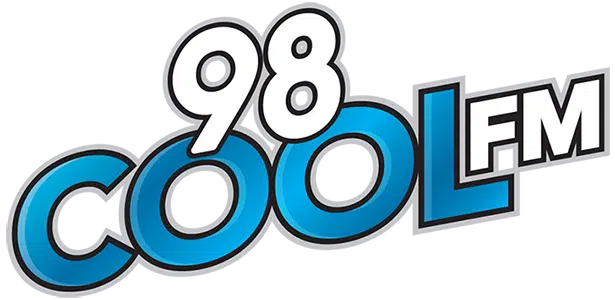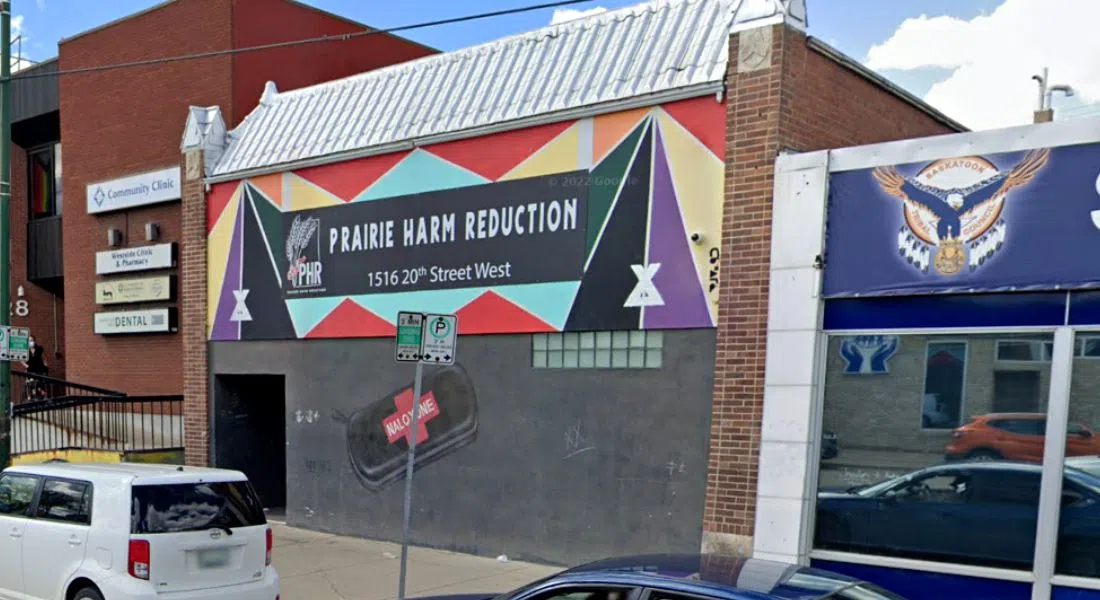The provision of pipes for smoking meth, crack cocaine or any other illicit drugs and providing instructions on how to use drugs will be discontinued. That, from the provincial government which says in a news release that no third-party organization will be funded by the Ministry of Health or the Saskatchewan Health Authority for these purposes. Minister of Mental Health and Addictions, Tim McLeod says instead of providing pipes the message coming from the health care system should be that there is hope for recovery through treatment.
Naloxone will still be provided for free through the Take Home Naloxone program. Needle exchanges will be required to operate on an exchange basis with the idea being that there will be fewer needles littered in communities. The government has also announced new Community Wellness Buses in the works for this year to provide primary health care services, assistance with accessing services and supports, and referrals for other services they may need.
Last fall, the provincial Action Plan for Mental Health and Addictions was announced, which set a goal of at least 500 more publicly funded addictions treatment spaces. So far, 168 have become reality in Estevan, Saskatoon, North Battleford, Lumsden and virtually through EHN Canada.
The Executive Director of Prairie Harm Reduction has questions. Kayla DeMong says the government doesn’t help them with operational funding, but the Saskatchewan Health Authority does give them pipes. She wonders if that will continue.
Prairie Harm Reduction has a smoking facility within its safe consumption site, which DeMong says is incredibly popular. It allows them to direct people away from needle usage, which has greater health concerns. Also, from research, statistics show that there is more success moving people into recover from pipes than from needles. DeMong explains that on the surface, it looks like supplying needles and pipes enables addicts, but what PHR is doing is helping these people stay alive and pointing them in the direction of recovery.
She adds that this decision is reflective of other challenges with the government and gives the example of teachers and health care workers who have said front line workers need to have input to be part of the solution. “They need to bring the experts to the table, and they need to listen without value-based decisions being made. So much of what we are seeing is this concept of people who use drugs are bad and unless they stop using, they are not worth an investment.”
DeMong adds that it’s difficult for those dealing with addictions to move into recovery if they don’t have a place to live or food to eat, because they can go into recovery but there is no place for them after they are done and the cycle continues.
















